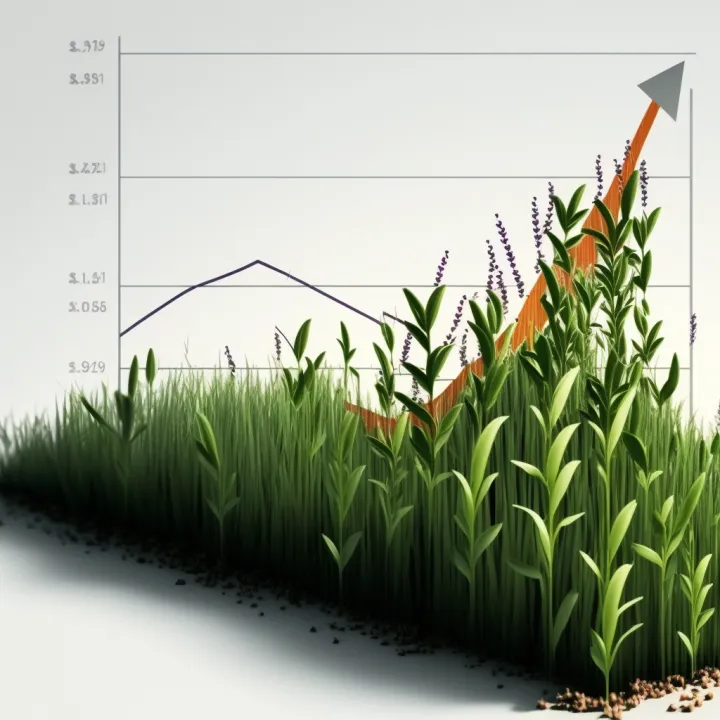
Effective fertilizer management is essential for optimizing crop yields, ensuring food security, and promoting environmental sustainability. In this blog post, we’ll explore examples of successful fertilizer management strategies that farmers can adopt to enhance crop productivity while minimizing environmental impacts.
Soil Testing and Nutrient Management Plans:
One successful fertilizer management strategy is the use of soil testing to assess soil nutrient levels and develop tailored nutrient management plans. By analyzing soil samples, farmers can determine the existing nutrient levels and identify any deficiencies or imbalances. Based on the soil test results, farmers can create nutrient management plans that specify the types and amounts of fertilizers needed to meet crop requirements while minimizing nutrient losses and environmental impacts.
Precision Agriculture Technologies:
Precision agriculture technologies, such as GPS-guided machinery and variable rate application (VRA) systems, enable farmers to apply fertilizers with precision and accuracy. By utilizing site-specific data on soil variability, crop needs, and yield potential, farmers can adjust fertilizer application rates and timing to match the specific requirements of different areas within their fields. Precision agriculture technologies help optimize fertilizer use, reduce input costs, and minimize environmental impacts such as nutrient runoff and leaching.
Integrated Nutrient Management:
Integrated nutrient management (INM) involves combining organic and inorganic sources of nutrients to optimize nutrient availability and improve soil fertility. By integrating organic amendments such as compost, manure, and cover crops with mineral fertilizers, farmers can enhance soil organic matter content, promote microbial activity, and improve nutrient retention capacity. INM strategies help maintain soil health, reduce dependency on synthetic fertilizers, and minimize nutrient losses to the environment.
Controlled-Release Fertilizers:
Controlled-release fertilizers (CRFs) are designed to release nutrients gradually over an extended period, providing a steady supply of nutrients to crops while reducing the risk of nutrient leaching and runoff. CRFs help improve nutrient use efficiency, reduce fertilizer losses, and minimize environmental pollution. By incorporating CRFs into their fertilizer management practices, farmers can optimize nutrient uptake by crops and promote sustainable agricultural production.
Cover Cropping and Crop Rotation:
This are sustainable farming practices that can enhance soil fertility, reduce nutrient losses, and improve nutrient cycling in agroecosystems. Cover crops planted between cash crop cycles help suppress weeds, prevent soil erosion, and improve soil structure. Additionally, certain cover crops such as legumes can fix atmospheric nitrogen, reducing the need for synthetic nitrogen fertilizers. Crop rotation, on the other hand, helps break pest and disease cycles, improve soil health, and diversify nutrient sources, leading to more resilient and sustainable farming systems.
Conclusion:
Successful fertilizer management strategies play a crucial role in optimizing crop productivity, promoting environmental sustainability, and ensuring long-term agricultural viability. By adopting soil testing, precision agriculture technologies, integrated nutrient management, controlled-release fertilizers, and sustainable farming practices such as cover cropping and crop rotation, farmers can optimize nutrient use efficiency, reduce environmental impacts, and contribute to sustainable agricultural development. Implementing these strategies requires a holistic approach that considers soil health, crop requirements, environmental factors, and local farming conditions, ultimately leading to more resilient and sustainable agricultural systems.
